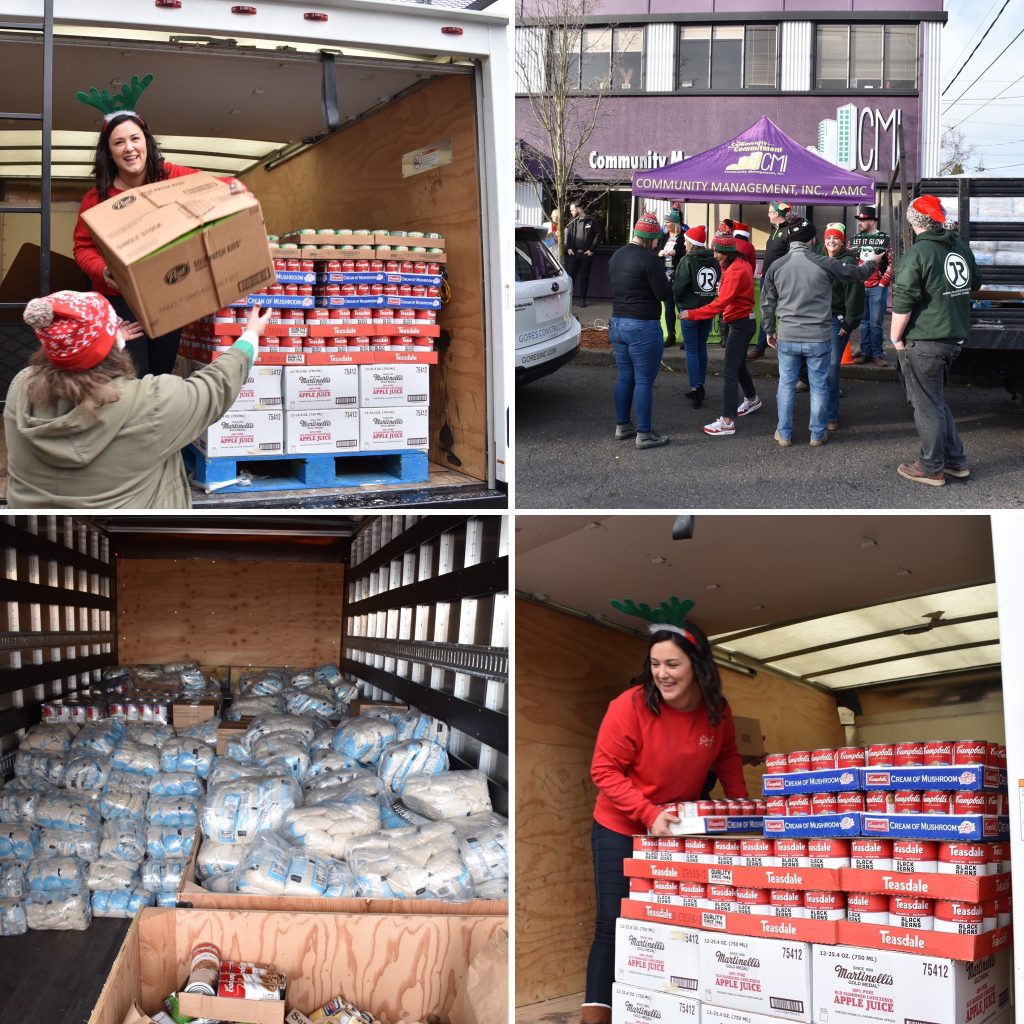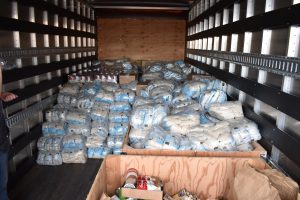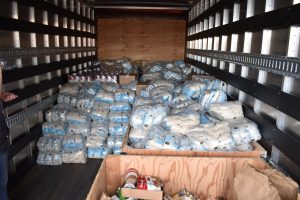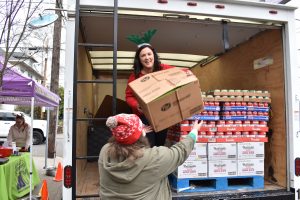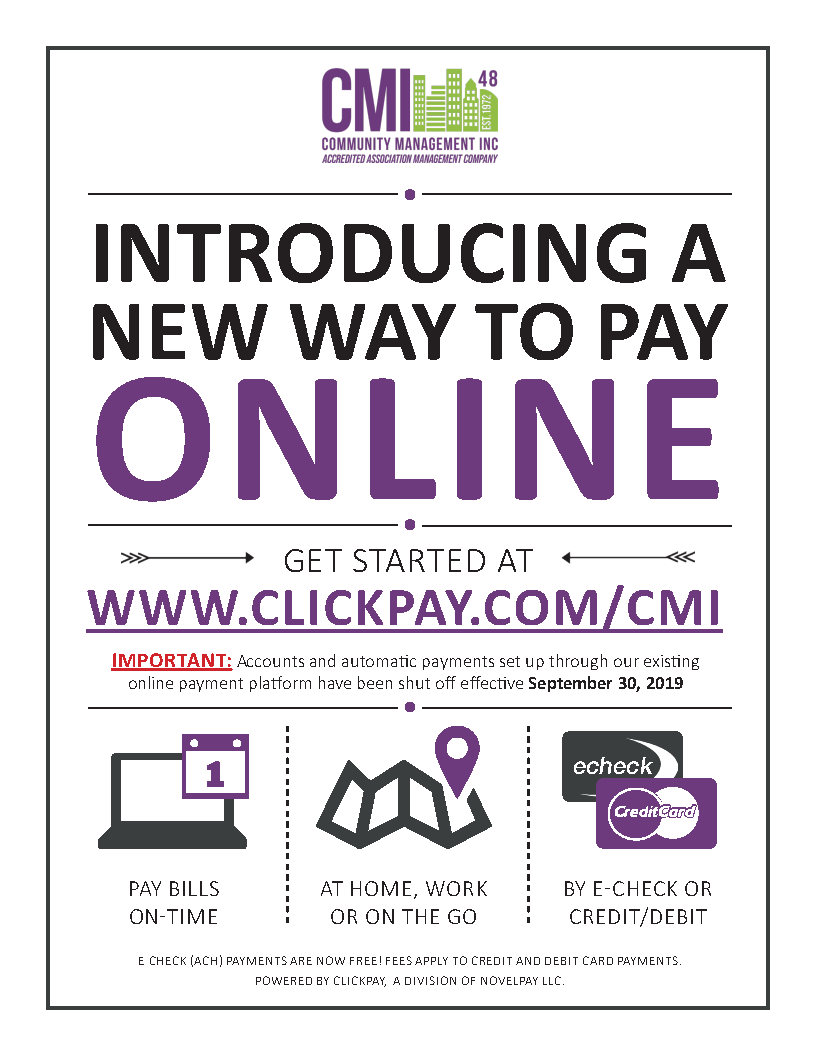Join CMI’s Carra Pewsey, PCAM and Larry Thompson with American Family Insurance as they examine Community Association Insurance. Properly insuring a community is an important job of the Board of Directors, and getting it done right can be tricky. Larry and Carra examine insurance policy ‘dos and don’ts’ while they answer questions from the group. This training can help you understand what to look for and what to avoid.
Join CMI’s Director of Training, Carra Pewsey, as she takes you through the financial process for HOA’s. In this training you will learn how to digest a financial statement, how to make sense of your community’s current financial position, and how the financial statement ties back to your association budget.
Homeowners associations are representative democracies where powers are delegated to elected officials (the board of directors) and limited powers are reserved to the membership. In this governing model, the answer to a simple question can serve as a board member’s North Star: What is best for the community?
EFFECTIVE DECISION-MAKING
If board members focus on this North Star, their jobs become relatively straightforward. Board members shouldn’t make decisions based solely on their own personal interest or those of friends. They also should avoid defaulting to a choice simply because it is what is easiest, fastest, or least likely to create conflict.
Ultimately, what is best for the community is different than what is best for the individuals who live in it. If a community doesn’t stay relevant, it gradually ceases to be an appealing place to live, negatively impacting both property values and resident satisfaction. Yet, because what is good for the community is not necessarily good for all its residents, virtually every major community decision will irritate some and delight others.
Board members are expected to vote based on their own (hopefully well-reasoned and researched) findings. They are elected to examine, listen, think, and vote accordingly. What a board member thinks is right may not even be what most current members think they want, but it might still be the best thing for the community.
HOMEOWNERS’ RECOURSE
If boards have the responsibility for acting in the best interests of the community, but the community doesn’t believe they are doing so, what is the homeowners’ recourse?
In California, for example, individual board members or entire boards can be recalled anytime. Homeowners may vote to recall a board member by submitting a valid petition signed by at least 5% of the membership. One board member, multiple members, or an entire board may be removed.
Of course, the other recourse available to residents is the ability to run for the board. Homeowners who consistently complain they don’t like what board members do but refuse to throw their own hat in the ring will never have their desired impact on community operations.
A HARD, BUT REWARDING PURSUIT
When a homeowner is elected to be a board member, she or he agrees to be bound by their state’s relevant law and to perform as a fiduciary on behalf of all members. This is a serious responsibility.
Particularly in this age of social media, community association governance can be a difficult job in which board members are continuously attacked. When most of us simply want to enjoy our lives, it’s a rare person who commits to spending the time and energy required to take up the very serious mantle of responsibility necessary to succeed as a board member.
However, it’s also extremely rewarding to serve others by constantly seeking a North Star that requires thoughtful problem-solving, persistence, creativity, and leadership to conceive and then achieve what is best for a community.
Steve Spanier is president of Oakmont Village Association in Santa Rosa, Calif.
The Board Leadership Development Workshop Preview from Community Associations Institute on Vimeo.
This video from Community Associations Institute is a fantastic resource and shows how you can learn more and become a better leader on your board.
Foundation – Board Service Video from Community Associations Institute on Vimeo.
This fantastic video from Community Associations Institute gives great insight on being a part of the board of a community association and the responsibilities that go along with it! Watch it and enjoy!
John Wooden said what we believe at CMI: “You cannot live a perfect day without doing something for someone who will never be able to repay you.” This has been lived by the associates of CMI as part of our Community Outreach Spirit and Core Values for several years, and what was true in 1972 is even more meaningful as each year passes.
CMI has hosted an annual food drive for the Sunshine Division for TEN consecutive years now and each time we are amazed at our success.
- In 2017 CMI was able to donate 11.5 tons of food after setting a goal of 10 tons
- In 2018, we didn’t want to get too ahead of ourselves, so we set out to collect 12 tons of food and received 13.3 tons
- In 2019, we collected 15.3 tons of food!
- With the onset of COVID-19, we transitioned our event to a mainly virtual one based on cash donations—we had hoped to make $10,000 for the Sunshine Division.
OVER THE TOP – OUR GOAL WAS MET FOR THE SIXTH YEAR IN A ROW.
In addition to receiving $11,948 in cash donations, we were still able to fill a Sunshine Division truck full of food! Food to fill the shelves of the Sunshine Division store, which allows local families to obtain food to help feed their families.
For ten years, Community Management Inc., has hosted a food drive benefiting the Sunshine Division by collecting food and monetary donations. This year, the need is greater than ever in our Portland area communities and are excited to be able to once again host an annual food drive!
We encourage everyone to participate this year in two ways– both virtually and by attending CMI’s 10th Annual Food Drive on December 4th, 2020 from 9AM to 12PM at our Portland office, 2105 SE 9th Avenue. Virtual donations can be made here at CMI’s donation page hosted by the Sunshine Division.
More information and details about the big day can be found here. Please reach out to us if you plan on donating a pallet or more of food.
We hope to see you December 4th and thank you for your support!
The following is a set of information that is provided by CAI Online on how to handle Coronavirus in your community. We feel as if it is very comprehensive and a great resource to use and depend on! We’ve linked here to the original source and provided a snippet here for you to peruse.
What Community Association Can Do
Community associations should review or establish an emergency plan in consultation with legal counsel, insurance and risk management experts, and their manager.
….
Meetings and events. Generally, there are several methods by which association members or association boards transact business in the absence of everyone gathering at the same time and location—some form of written consent, electronic meetings, or a vote outside a physical meeting.
….
Common areas and amenities. Community associations control the common areas, and owners are responsible for their private property. If the virus becomes widespread, communities may want to consider:
- Extensive cleaning, disinfecting, or wiping down of common areas and common area surfaces
- Postponing or cancelling community events and meetings
- Closing common areas and amenities, such as gyms, clubhouses, and pools
- Installing hand sanitizer dispensers or wipes on common areas for owner and guest use
Community association board members should consult with their professional partners, including community manager and attorney, on how best to handle preparing for and reacting to COVID-19 within their community.
Fair housing and COVID-19. The U.S. Department of Housing and Urban Development is part of the White House Coronavirus Task Force. All federal agencies are working aggressively on a multi-layered, cross-agency public health response to this evolving situation.? HUD is encouraging housing providers, including community associations, to share relevant CDC fact sheets with individuals, families, and staff members. Read more from HUD?.
Community associations are reminded that their responses to residents regarding the coronavirus must be compliant under the Fair Housing Act and related regulations.
We are currently developing a new way to pay! This will soon be the required way.
As of September 30th, 2019, we will shut down automatic payments and accounts through our online platform.
In order to pay, you will have to visit www.clickpay.com/CMI/.
Click the image below to view additional details.
CMI’s first “Pack Night” with the Sunshine Division was a smashing success! Several CMI people helped pack 1,900 pounds of food for families in need. Thank you for those of you who were able to help!
